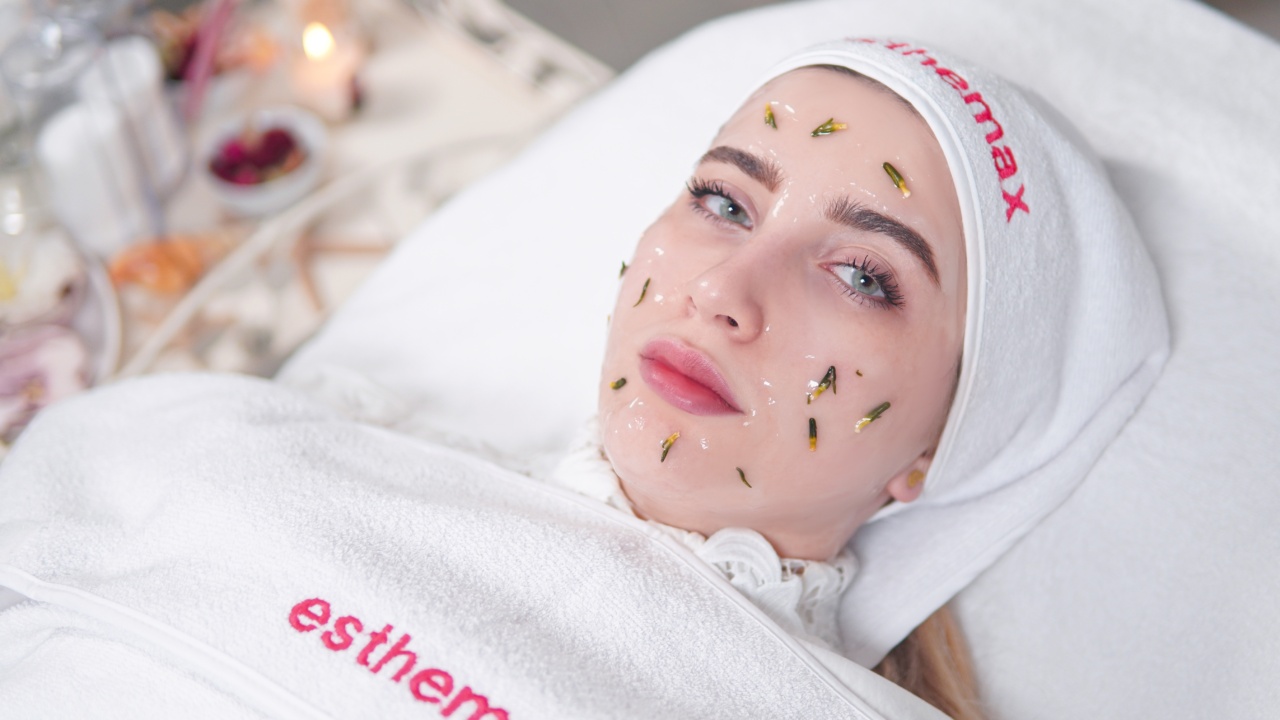Summer season calls for beach trips, barbecues, and countless other outdoor activities.
While enjoying the sun is fun, it is also important to protect your skin from harmful ultraviolet (UV) rays which can cause skin damage, skin aging, sunburns, and even skin cancer. Excessive exposure to the sun can also worsen acne breakouts. In this article, we’ll give you some tips on how to protect your skin from the sun and reduce acne breakouts.
Why Sunlight Exposure can Worsen Acne Breakouts
Exposure to sunlight causes the skin to produce vitamin D and dries excess oil, which can reduce the appearance of acne for some people. However, excessive sun exposure can also increase skin inflammation and trigger breakouts.
Sunburn can also irritate inflamed skin, making acne more noticeable and harder to cover up. Additionally, some acne medications, such as isotretinoin and benzoyl peroxide, make the skin more susceptible to sunburn, so it’s important to protect your skin from harmful sun rays.
Sunscreen for Acne Prone Skin
Since sunscreen is crucial in protecting the skin from the sun’s harmful rays, it’s important to choose a sunscreen that won’t clog pores or cause more acne breakouts. Here are some tips when choosing sunscreen for acne-prone skin:.
: Type of Sunscreen
Choose a sunscreen that is labeled “non-comedogenic” or “oil-free.” These products are formulated to avoid clogging pores and are suitable for acne-prone skin.
Avoid heavy, greasy sunscreens or moisturizers that may cause clogged pores.
: Sun Protection Factor (SPF)
Select a sunscreen with at least SPF 30, which can block 97% of UVB rays. Higher SPF provides better protection, but the increase in protection is marginal after SPF 50.
SPF does not indicate how well the sunscreen blocks UVA rays, so look for broad-spectrum sunscreens that offer UVA and UVB protection.
: Active Ingredients
Choose sunscreens that contain zinc oxide or titanium dioxide. These ingredients are physical sunblocks and are less likely to irritate acne-prone skin than chemical sunscreens, such as avobenzone and oxybenzone.
: How to Apply Sunscreen
Remember to apply enough sunscreen and reapply frequently, especially after sweating or swimming. As a general guideline, use 1 ounce (about a shot glass full) of sunscreen for your entire body. Apply sunscreen at least 30 minutes before going outside.
Apply it generously on your face, neck, ears, and other exposed areas.
Other Tips to Protect Your Skin from the Sun
Aside from using sunscreen, there are other ways to protect your skin from the sun and reduce acne breakouts:.
: Wear Protective Clothing
Wear long-sleeved shirts and pants, sunglasses, and hats or caps that shade your face, neck, and ears. There are also UV-resistant clothing that can provide more protection while still keeping you cool.
: Avoid Midday Sun
The sun is strongest between 10 am and 4 pm, so try to avoid being outside during these hours as much as possible. If you can’t avoid being outside, find shade under trees or bring an umbrella or canopy.
: Use an Umbrella
In addition to your sunscreen application, use an umbrella to create your own shade while you’re outside. This is especially helpful when you’re out on the beach or by the pool.
: Avoid Tanning Beds
Tanning beds emit UV radiation just like the sun and can cause skin damage, premature aging, and skin cancer.
Conclusion
Preventing sun damage is crucial not only for the health of your skin, but also for reducing acne breakouts. Always protect your skin by wearing protective clothing, avoiding midday sun, and applying an appropriate sunscreen.
Picking the right type of sunscreen can be tricky, but remember to look for non-comedogenic and oil-free products and an SPF of at least 30. And, since excessive sun exposure can worsen acne breakouts, remember to reapply sunscreen as needed and seek shade whenever possible.




























